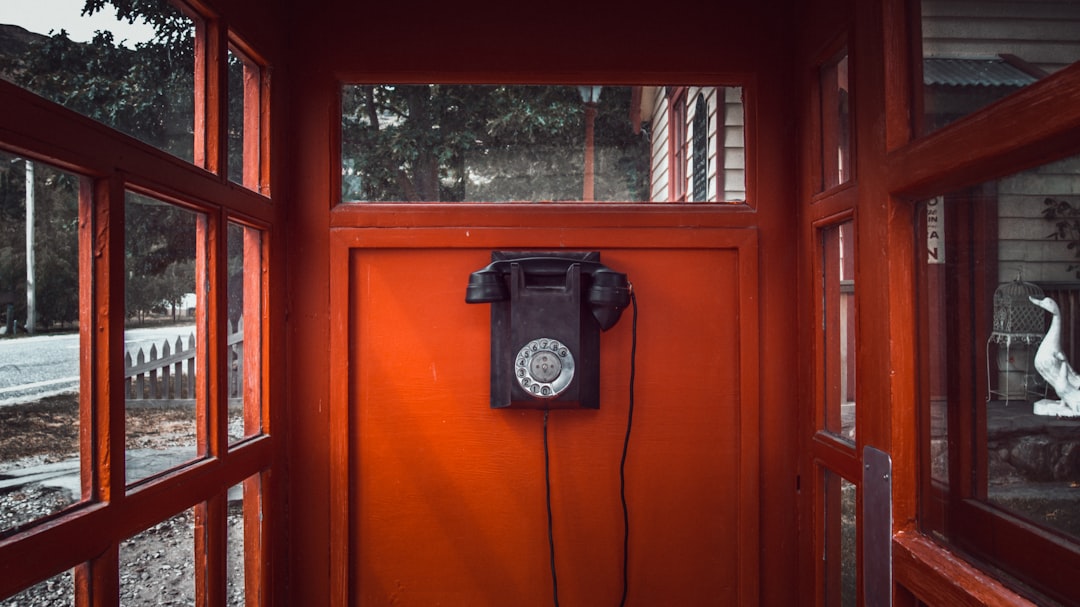In Philadelphia, where autodialer laws aim to protect consumers from unwanted robocalls, local telecommunications and consumer protection law firms are crucial. They guide businesses on navigating regulations related to autodialers, ensuring compliance with the Telephone Consumer Protection Act (TCPA). These firms also educate residents about their rights, monitor TCPA compliance, and help victims seek damages for illegal robocalling practices. By leveraging their expertise in do-not-call lists, consent management, and consumer complaints, they foster a balanced approach to automated marketing while upholding Philadelphia's strict privacy laws.
In the age of relentless digital communication, navigating autodialer complaints is a pressing issue. This article explores the unique landscape of autodialer regulations in Philadelphia from a legal perspective, delving into common consumer grievances and the vital role that local law firms play in dispute resolution. We uncover effective strategies for managing these issues, ensuring fair practices in an era where technology meets regulation. Discover how Philadelphia is implementing protections through its autodialer laws and the impact on both businesses and consumers.
Understanding Autodialer Laws in Philadelphia: A Legal Perspective

In Philadelphia, as in many jurisdictions across the US, autodialer laws are designed to protect consumers from unwanted automated phone calls, known as robocalls. These regulations target businesses and individuals who use autodialers to make mass phone calls, ensuring compliance with specific guidelines to prevent harassment and invasion of privacy. The city’s legal landscape regarding autodialers emphasizes fair practices and consumer consent, with penalties for violators.
Local law firms specializing in telecommunications and consumer protection play a crucial role in navigating these regulations. They guide businesses on legal ways to utilize autodialers, such as obtaining proper consent from recipients, ensuring accurate call records, and adhering to do-not-call lists. With the ever-evolving nature of technology and privacy laws, Philadelphia’s legal community offers expertise in helping companies stay compliant with the city’s autodialer law firms, thereby fostering a balanced approach to automated marketing and sales practices.
Common Complaints and Consumer Protections

In Philadelphia, as in many cities, consumers often face common complaints related to autodialer services, such as unwanted phone calls, excessive robocalls, and privacy breaches. These issues have led to a growing demand for legal protection among residents. The Autodialer Law Firms in Philadelphia play a crucial role in addressing these concerns by helping consumers understand their rights under the Telephone Consumer Protection Act (TCPA). This federal law restricts the use of automated dialing systems and prohibits calls made without prior consent, thereby shielding citizens from intrusive marketing practices.
Philadelphia’s consumer protection agencies actively monitor compliance with the TCPA, ensuring that businesses respect the privacy and peace of mind of their residents. Consumers who believe they’ve been wrongfully targeted by autodialers have legal recourse through these law firms. They guide victims on how to file complaints and seek damages for any harassment or financial loss incurred due to illegal robocalling practices.
The Role of Law Firms in Navigating Autodialer Disputes

In the dynamic legal landscape of Philadelphia, autodialer disputes have become increasingly prevalent, reflecting the city’s bustling business environment and its embrace of modern technology. Law firms play a pivotal role in navigating these complex issues, acting as guides for businesses seeking to balance regulatory compliance with their marketing strategies. With expertise in telecommunications law, Philadelphia-based legal professionals are equipped to interpret and enforce regulations surrounding autodialers, ensuring fair practices in automated dialing campaigns.
These law firms offer specialized services, including counseling clients on do-not-call list management, obtaining consent for marketing calls, and addressing consumer complaints. Their strategic advice helps businesses mitigate risks, minimize the impact of violations, and maintain compliance with Pennsylvania’s strict privacy laws. By leveraging their knowledge of case law and regulatory frameworks, autodialer law firms in Philadelphia empower businesses to make informed decisions, fostering a harmonious relationship between innovative marketing techniques and legal integrity.
Strategies for Effective Communication and Resolution

When addressing autodialer complaints, especially within the context of Philadelphia’s legal landscape, effective communication and resolution strategies are paramount for law firms. This involves a nuanced approach that combines empathy, clarity, and swift action. First, actively listening to clients’ concerns is essential; understanding their frustrations fosters trust and encourages open dialogue. Law firms should then clearly articulate the legal rights and options available, ensuring clients grasp the process and expected outcomes.
Additionally, maintaining transparent communication channels facilitates a cooperative resolution. Promptly addressing issues, providing regular updates, and offering multiple avenues for feedback enables both parties to work towards a mutually agreeable solution. For autodialer-related matters, this might involve negotiating with opposing parties or collaborating with regulatory bodies to implement changes that adhere to Philadelphia’s legal standards and protect client interests.






